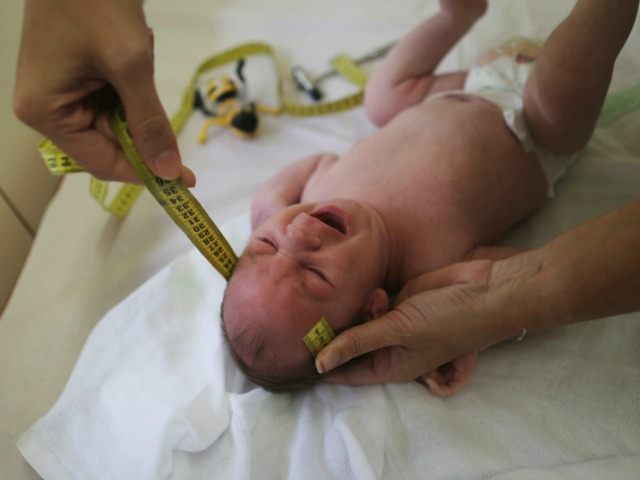A Brazilian researcher who discovered some of the earliest cases of Zika, which is now predicted to become a global pandemic affecting up to four million people, told Bloomberg earlier this month that he could no longer research the virus because he had run out of funding, and the government had never reached out to him.
Gubio Soares, a virologist at the Federal University of Bahia in Brazil, identified cases of Zika virus in Brazil as early as April 2015, along with colleague Silvia Sardi. Zika was a mysterious affliction affecting dozens of patients in Bahia, where their symptoms were diagnosed as similar to Dengue fever, though they tested negative for that disease. At the time, Soares urged calm: “Zika virus is not as serious as Dengue or Chikungunya,” he told a local paper in April. “It does not take the patient to death.”
It was not until December that Soares and Sardi began warning that a link may exist between Zika and significant neurological defects in the unborn. Brazilian hospitals nationally began registering an abnormally high rate of microcephaly in newborn children, a condition in which the children are born with skulls too small for their brains, resulting in severe brain damage. Medical professionals have identified more than 4,000 cases nationwide in which microcephaly has been linked to Zika contamination.
In December, when that number was still less than half that, Soares and Sardi warned significant percentages of the population were at risk. Speaking to NBC News, they said in an email, “It is becoming a serious problem, principally in poor areas, where the control of mosquitoes is a hard task. … [T]he number of [microcephaly] cases is increasing day by day.”
By early January, however, Soares told reporters he had lost most of his ability to research the virus, even as the number of cases of microcephaly soared. “I have no funding for Zika,” he said then. “I’ve never been invited by any official to develop a research project.” His work continued, he noted last week, through aid from other research laboratories, but with no help from the government.
The only government official for whom Soares has kind words is Marcelo Castro, the nation’s health minister, who courted controversy this week by saying Brazil was “losing the battle in a big way” against Zika. The World Health Organization rebuked his remarks as “fatalistic,” while at least one national columnist called for his resignation.
“It was not exaggerated because Brazil is losing badly really,” Soares told the press of Castro’s words. “In the municipalities, the mayors have abandoned the mosquito control policy. He is right to say this because it draws attention not only of politicians, central government, but also the population.” Soares added that many homeowners do not do enough to keep areas clean of stagnant water, which mosquitos need to reproduce.
Researchers believe Zika is transmitted by the Aedes aegypti mosquito, which also carries Dengue and Yellow fever and Chikungunya virus. Soares has called for more research on this, as well, however, suggesting that doctors do not know enough about how the virus transmits to be certain mosquitos are the only carriers. “The Zika virus arrived in Brazil at the time of the World Cup (in 2014). At least 20 nations have records of the disease. There is no immediate evidence between her and the mosquito,” he said at a lecture this month.
The Brazilian government has since declared “war” on Zika, with President Dilma Rousseff calling an emergency meeting of the trade bloc Mercosur to request international aid in eliminating mosquito populations. Health Minister Castro announced Brazil would fund research for a Zika vaccine, which would make it less important to eradicate Aedes aegypti.
Here, too, Soares calls for more research. In an interview with AFP Friday, Soares warns that, just as experts are uncertain about how the virus enters the human body from a mosquito, so, too, they are extremely unclear about how a pregnant mother passes the virus to her fetus. “It is not yet known how the virus reaches the nerve cells … or which cells are affected,” he noted.
If not contained, he warned, “honestly, there will be a great number of people contaminated by the Zika virus” by the 2016 Summer Olympics, which will be held in Rio de Janeiro.

COMMENTS
Please let us know if you're having issues with commenting.